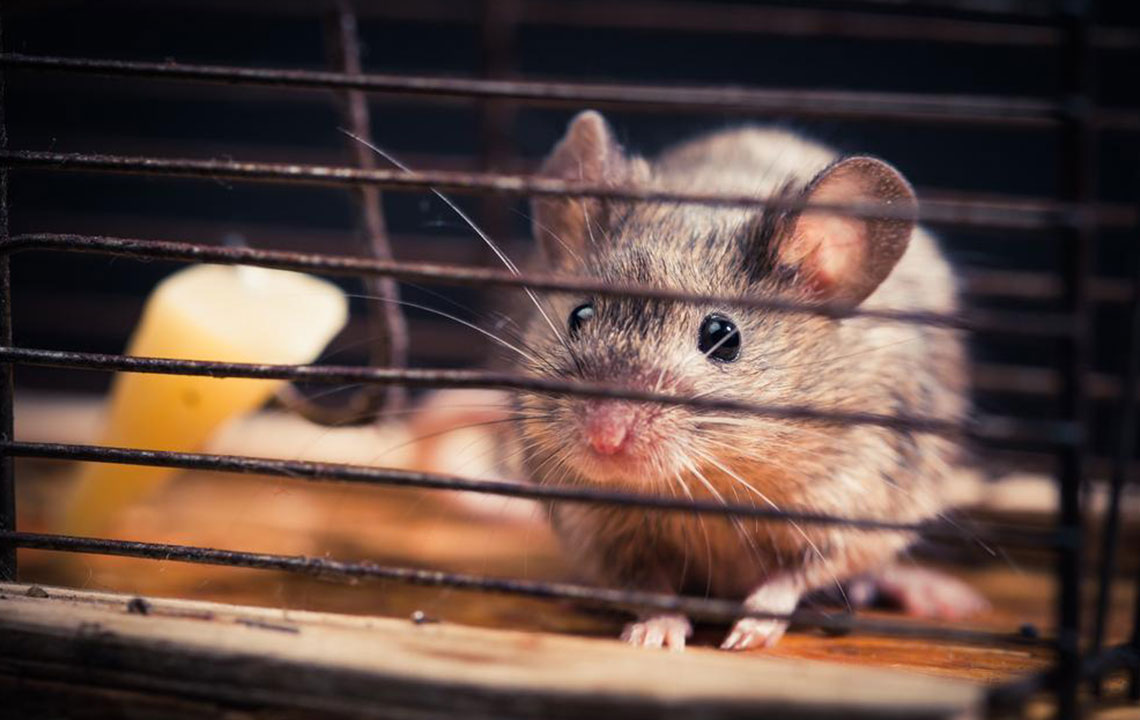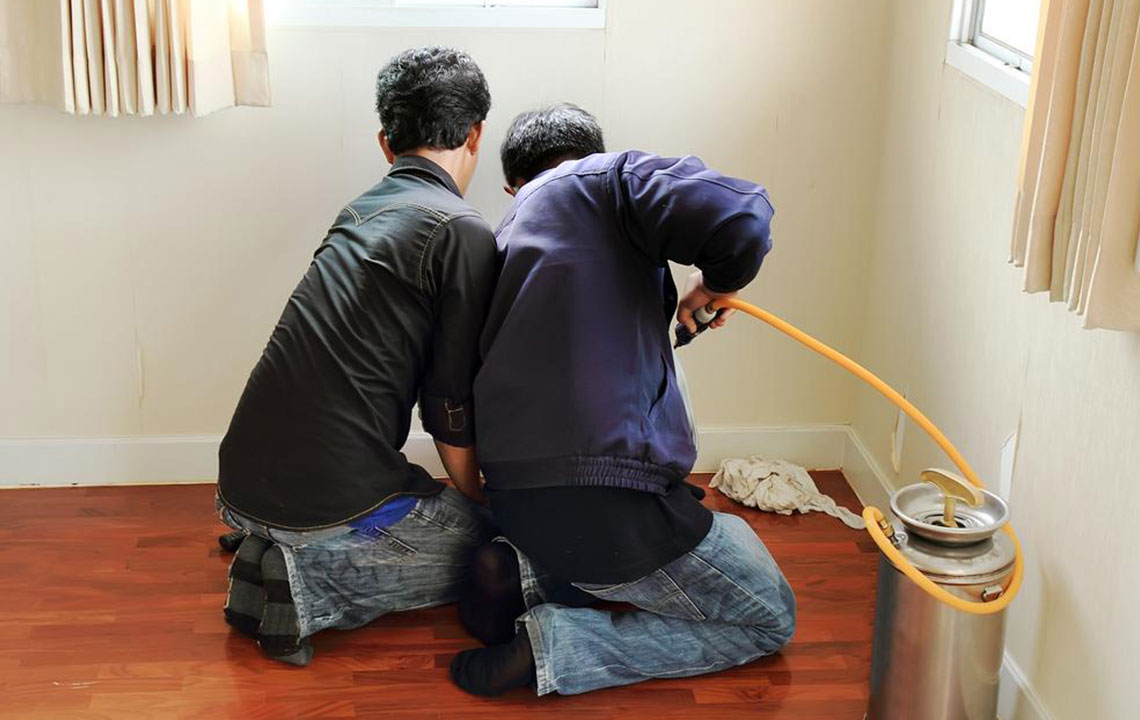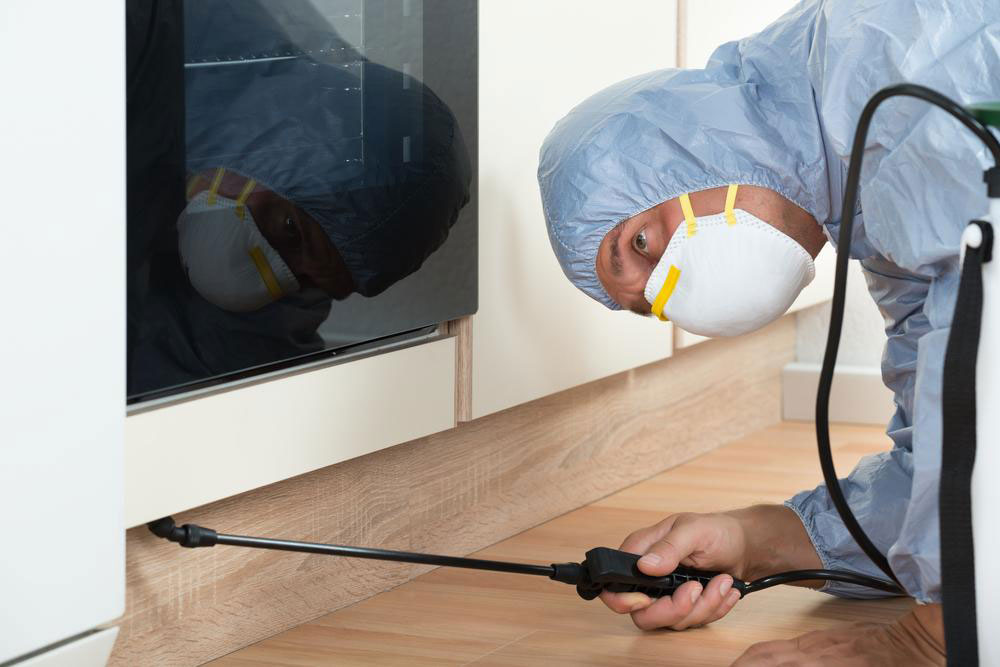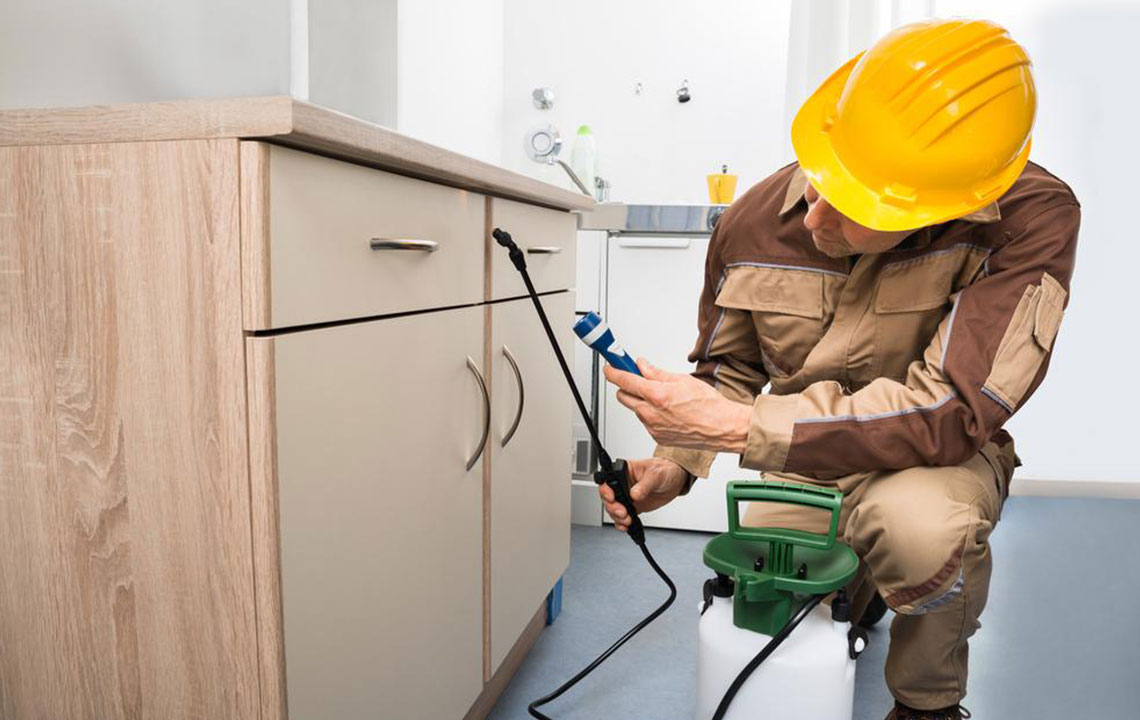Comprehensive Guide to Effectively Eliminating Rodents from Your Home
This comprehensive guide offers effective strategies to eliminate rodents from homes, including inspections, sealing entry points, traps, natural repellents, and professional services. Protect your property and health with expert tips to prevent and control rodent infestations efficiently and safely, especially during colder months, ensuring a clean, safe living environment.

Comprehensive Strategies for Eliminating Rodents from Your Home
As the seasons change and temperatures begin to drop, many homeowners notice an uptick in rodent activity inside their residences. Mice and rats often seek shelter indoors during colder months, leading to increased vigilance in detection and prevention. Their presence not only damages property by gnawing on wiring, insulation, and stored items but also poses significant health risks due to the spread of various diseases. Recognizing early warning signs and implementing effective control measures are crucial steps in safeguarding your home and family from these unwelcome guests.
Recognizing the Signs of a Rodent Infestation
Proactive identification can prevent minor issues from escalating into major infestations. Common indicators include a musky odor lingering near nests or hidden corners, which is often distinguishable from the smell of household cleaning products. Unusual noises, especially squeaking or scampering sounds in walls or ceilings, can hint at rodent activity. Visual evidence such as droppings, greasy trails along walls and floors, gnaw marks on furniture or wiring, and chewed-up food packaging are key signs that rodents are present. Observing these symptoms early allows homeowners to take swift action, preventing extensive damage and health hazards.
Primary Symptoms of an Infestation
Unusual, persistent odors near walls or storage areas
Droppings, typically small, dark, and pellet-shaped
Grease marks or smudges on surfaces along rodent paths
Gnaw marks on food containers, wires, or structural elements
Unexplained scratching or scampering sounds, especially at night
Addressing these signs quickly through targeted methods is essential to maintain a safe and clean home environment. Below are proven strategies that homeowners can employ to eliminate rodents and prevent future invasions effectively.
Begin with a Thorough Inspection
Start by systematically examining both the interior and exterior of your property. Outside, look for holes, gaps, or cracked areas in walls, foundations, and doors that could serve as entry points for rodents. Inside, pay close attention to hidden areas such as attic spaces, basements, under kitchen sinks, and behind appliances. Identifying all potential entry points is the first step toward effective eradication.
Seal and Block Entry Points
Once identified, seal small holes using durable materials like steel wool, caulking, or metal mesh. Large openings may require professional repair to ensure complete closure. Proper sealing prevents rodents from re-entering after elimination efforts, significantly reducing the likelihood of re-infestation.
Maintain a Clean and Clutter-Free Environment
Keep your living space tidy by decluttering storage areas and removing unnecessary items that can serve as hiding spots. Pay special attention to areas near walls and corners. Reduce excess moisture by fixing leaks and improving ventilation, as damp environments attract rodents. Regular cleaning, especially of kitchen surfaces, eliminates food residues and deters rodents from establishing a presence.
Also, store pet food, birdseed, and leftovers in airtight containers, and clean up scraps immediately to reduce attractants. These small steps can dramatically decrease the appeal of your home to rodents.
Utilize Traps for Quick Elimination
Implement various traps such as snap traps, glue traps, or electric trap systems in areas with high activity. Avoid overloading traps; instead, strategically place them along walls, behind furniture, and near known entry points. Relocate traps regularly and dispose of captured rodents promptly to maintain effectiveness.
Employ Natural Deterrents
Use home remedies like sprinkling crushed red pepper, black pepper, or cayenne near entry points and along rodent trails. Essential oils such as peppermint oil, clove oil, or citronella can be applied using soaked cotton balls or sprays, which rodents tend to avoid. However, consult your veterinarian before using essential oils around pets to ensure safety.
Encourage Natural Predators
If feasible, consider introducing cats to your home environment. Cats are natural predators and can help control rodent populations naturally and humanely. Their presence alone often serves as a deterrent to rodents.
Use External Bait Stations for Long-term Control
Protective bait stations outside your home contain rodenticide within tamper-proof plastic boxes. These stations are designed to attract rodents while preventing accidental poisoning of children or pets. For comprehensive pest management, integrate bait stations with other elimination strategies.
When to Seek Professional Pest Control Services
Persistent or severe infestations require the expertise of licensed pest control specialists. Professionals conduct detailed inspections, identify all infestation sources, and tailor intervention plans using advanced techniques such as trapping, baiting, and exclusion procedures. They also provide ongoing prevention advice to maintain a rodent-free home.
Health Risks and Property Damage from Rodents
Rodents are not merely nuisances; they pose serious health hazards by transmitting diseases such as hantavirus, salmonellosis, leptospirosis, and tularemia through their droppings, urine, and saliva. Their gnawing habits can compromise electrical wiring, increasing the risk of fire, and damage insulation and stored possessions, leading to costly repairs. Nighttime noises disrupt sleep and overall quality of life, making control efforts a priority for health and comfort.
Cost Considerations for Rodent Control
Professional extermination typically costs between $300 and $500, depending on the extent of the infestation. Severe cases involving structural repairs or extensive baiting may incur higher expenses. While DIY methods may offer temporary relief, hiring licensed pest professionals ensures thorough elimination and long-term prevention, ultimately saving money and effort.
Managing Outdoor Rodent Issues
To prevent outdoor rodent problems, keep gardens and yards tidy by removing debris, fallen fruits, and dense vegetation that provides shelter. Use outdoor traps and bait stations, and consider professional pest control services for persistent outdoor activity. Properly storing garbage and compost away from the house significantly reduces attraction points.
In severe situations, professional intervention guarantees comprehensive removal and ongoing prevention, ensuring your home remains safe and pest-free, and protecting your loved ones from rodent-borne illnesses.





